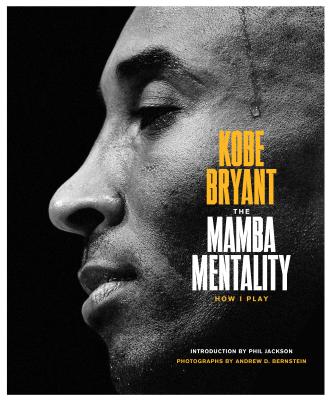Corporate risk management policy is essential during a period of volatile commodity prices and exchange rates in managing the risk exposure and its consequent impact on cash flow, profitability and firm value. Debates on whether hedging with derivatives practically enhances firm value through market imperfections, however, are still on-going. Hitherto, conflicting and mixed empirical evidence supported the debates in financial risk management theories. Taking into account that the contradictions among the existing literature could possibly be caused by the problem of endogeneity among variables and firm heterogeneity or fixed effects due to differences in corporate governance, this book explores the interrelationship between commodity risk exposure, hedging, corporate governance and firm value in an emerging market, using Malaysia as a case study. It provides the major findings in this area and the conclusions for strategies and insights for further generalisation in wider capital markets from the perspective of an emerging market of the Asia-Pacific region. Three main econometrics models are applied in this book. The first model estimates the commodity risk exposure of non-financial companies in the Malaysian stock exchange as a case study, and its implications for corporate hedging policy, by examining two sets of commodities; namely crude oil and palm oil. The commodity risk exposures were estimated by employing the augmented ordinary least squares (OLS) market model. Probit and tobit models were applied to assess the effect of risk exposure on corporate risk management policy. The results conclude that commodity risk exposure significantly affects the hedging policy of Malaysian firms. The second set of models examined the impact of hedging on firm value, using 420 firm-year observations (2004 to 2009). The results strongly support the positive effect of hedging on firm value. Both univariate and multivariate analysis support the hypothesis that a companys decisions to hedge -- as well as the extent of its hedging -- lead to higher firm value. The results remain robust by comparing pooled-OLS regressions, fixed-effects panel analysis, two-stage least squares and generalised methods of moments (GMM). The third model investigates the effect of corporate governance on hedging using probit and tobit regressions. This book presents major empirical findings for the relationship between risk management, corporate governance and firm value, and their general implications for capital markets. The empirical and general findings discussed in this book strongly support managerial risk aversion theory, which posits that firms with a higher proportion of directors shareholdings are likely to hedge more. The findings also revealed that firm size is positively related to hedging, that geographically diversified firms are more likely to hedge and have higher hedging activity, and that firms with higher cash holdings and lower dividend pay-outs are less likely to hedge. As a conclusion for policy implication, the findings emphasise the need for greater transparency and disclosure of commodity price risks and hedging policy in corporate financial statements in an emerging market.
Get Hedging, Corporate Governance & Firm Value by at the best price and quality guranteed only at Werezi Africa largest book ecommerce store. The book was published by Nova Science Publishers Inc and it has pages. Enjoy Shopping Best Offers & Deals on books Online from Werezi - Receive at your doorstep - Fast Delivery - Secure mode of Payment
 Jacket, Women
Jacket, Women
 Woolend Jacket
Woolend Jacket
 Western denim
Western denim
 Mini Dresss
Mini Dresss
 Jacket, Women
Jacket, Women
 Woolend Jacket
Woolend Jacket
 Western denim
Western denim
 Mini Dresss
Mini Dresss
 Jacket, Women
Jacket, Women
 Woolend Jacket
Woolend Jacket
 Western denim
Western denim
 Mini Dresss
Mini Dresss
 Jacket, Women
Jacket, Women
 Woolend Jacket
Woolend Jacket
 Western denim
Western denim
 Mini Dresss
Mini Dresss
 Jacket, Women
Jacket, Women
 Woolend Jacket
Woolend Jacket
 Western denim
Western denim
 Mini Dresss
Mini Dresss




